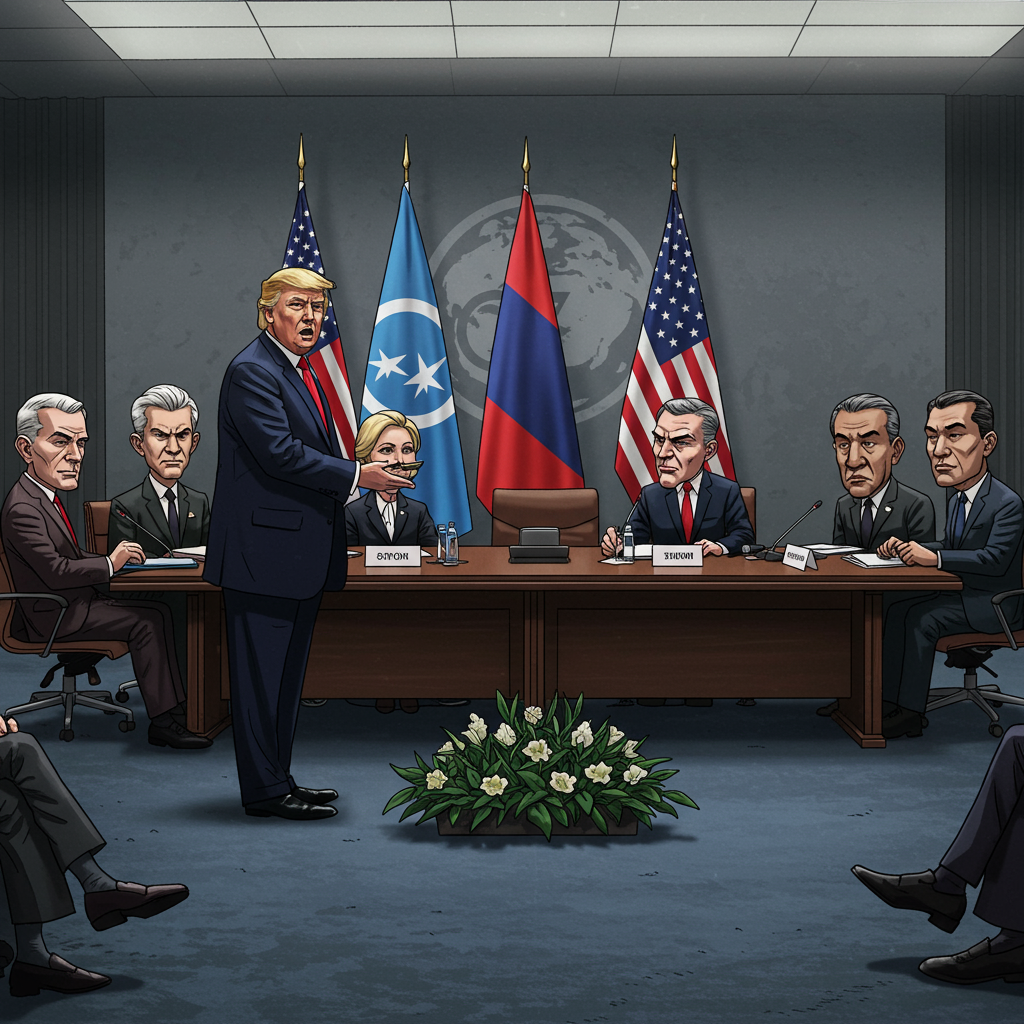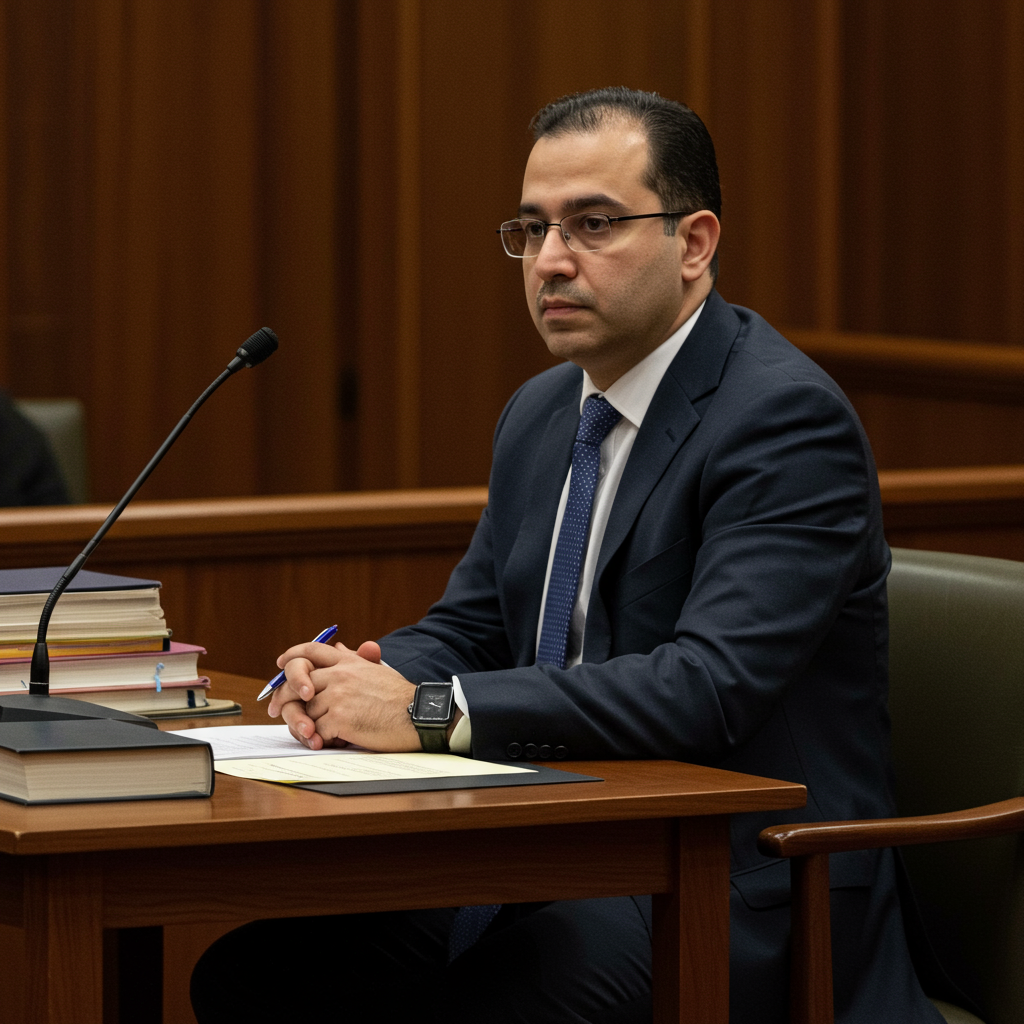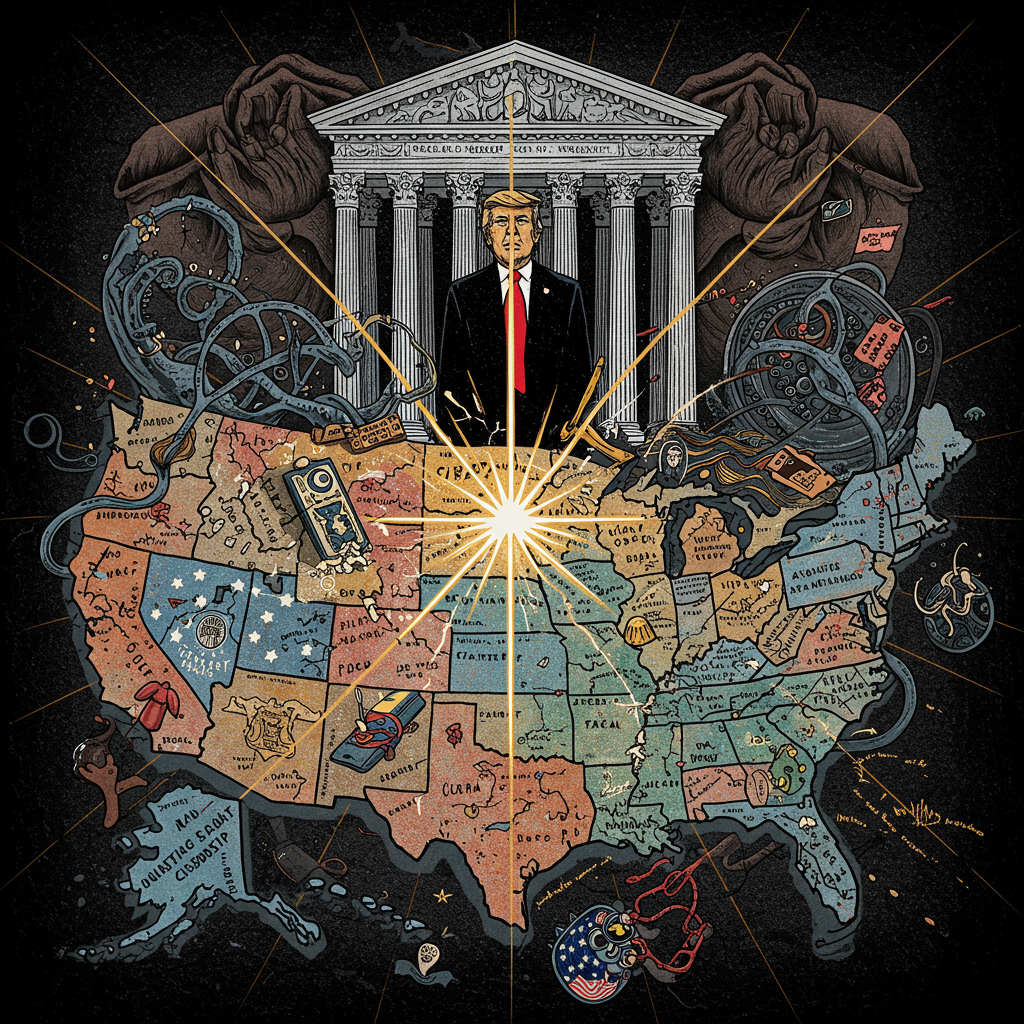At a recent G7 summit, Donald Trump reportedly opened the international gathering with controversial remarks seemingly aimed at defending Russia and criticizing its exclusion from the elite group. The former president asserted that the current conflict in Ukraine could have been avoided if Russia had remained part of the G8, which became the G7 after Moscow’s suspension.
Trump’s Argument on Russia’s Exclusion
Speaking before the coalition of major global economies (Canada, France, Germany, Italy, Japan, the United Kingdom, the United States, and the EU), Trump lamented that Russia was no longer included. He specifically pointed to former President Barack Obama and former Canadian Prime Minister Justin Trudeau as responsible for Russia’s removal, stating, “The G7 used to be the G8… Barack Obama and a person named Trudeau didn’t want to have Russia in, and I would say that that was a mistake, because I think you wouldn’t have a war right now if you had Russia in.” He went on to claim the war also “you wouldn’t have had the war right now if Trump were president four years ago.”
Russia was suspended from the group in 2014 by the other members following its annexation of Crimea. However, according to reports, Trump appeared to have fewer reservations about Russia’s actions to seize neighboring territories. He repeatedly emphasized the length of time since Russia’s exclusion (“nine years ago? Eight years ago?”) and maintained that it was a “very big mistake,” a position he claimed to have held vocal about even before entering politics. He argued that Russia’s absence from the table makes discussions about the country “more complicated.”
Summit Leadership Intervenes
As Trump continued his extensive commentary, the summit’s leadership stepped in to manage the proceedings. Reports indicate Canadian Prime Minister Mark Carney, identified in the text as G7 chair (though the actual G7 chair role rotates annually), intervened as reporters attempted to ask the U.S. president questions about the escalating Iran-Israel conflict.
Trump’s Stance on Russia Under Scrutiny
Trump’s remarks at the G7 reflect a broader pattern regarding his approach to Russia since his inauguration, which has been described as playing a “weaker and weaker hand.” Despite campaigning on a pledge to end the war in Ukraine swiftly, his actions and perceived concessions on Russia’s ongoing aggression have reportedly been interpreted by Kremlin propagandists as a “massive win” for President Vladimir Putin, even leading to televised segments on Russian programs mocking a perceived “downfall of American power.”
Sources indicate Trump has claimed Russia is ready and willing to negotiate a peace deal, even when their reported demands, such as asserting control over Crimea, directly contradict established U.S. foreign policy. Following a recent deadly airstrike on Kyiv, European leaders urged Western countries to impose sanctions on Moscow to pressure Putin towards negotiations. However, Trump reportedly reacted with hesitation, suggesting that applying pressure on Russia would “hurt” the prospect of a deal.
Just about everyone in the U.S.—including Trump’s own party—wants the White House to act.
Mounting Pressure for a Stronger Stance
Domestically, pressure has been mounting on the administration to take a firmer stand against Russia. Reports suggest a widespread desire for action across the U.S., including within Trump’s own Republican party. By late May, Senate Republicans were reportedly “begging” Trump to confront Russia and were even considering legislative avenues to bypass him and enact internationally recommended sanctions. Senate Majority Leader John Thune had announced that the upper chamber would begin working on a sanctions bill. This pressure has included tense exchanges, such as one between Senator Mitch McConnell and Defense Secretary Pete Hegseth, where McConnell reportedly questioned the administration about which side it intended to support in the conflict.



